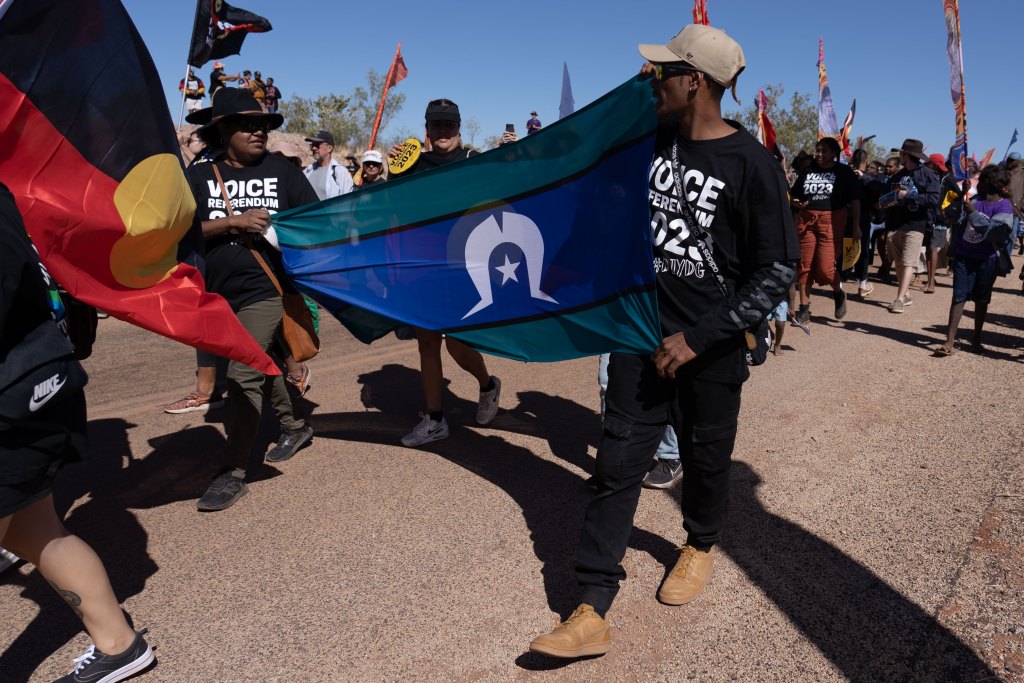Last week, the New Zealand state tried to remove a newborn Māori baby from his family. The boy—whose parents were allegedly prone to domestic violence and transient housing arrangements—was deemed “high risk” by authorities at Hawkes Bay Hospital, in the north island city of Hastings, based on limited evidence and an order granted by the Family Court. Police and officials from the Ministry for Children attempted to “uplift” the child, citing concern for his wellbeing, but were ultimately rebuffed by the young mother’s family, midwives, and iwi (tribe).
“I felt like I was in jail and I just got released… [but] I felt good walking out of the hospital with baby,” the 19-year-old mother told Newsroom. “It’s a shame that I couldn’t find this help when [the Ministry for Children] took my last baby.”
Videos by VICE
The young Māori woman had another newborn “uplifted” by authorities last year—and every week, around the country, three Māori babies are being taken into state custody.
It’s a number that’s on the rise, according to The Conversation. Between 2015 and 2018, the number of Māori babies removed by the New Zealand state increased by 33 percent. For every 10,000 Māoris born in 2018, 102 were removed—more than quadruple the rate for the rest of the population. And despite being subject to a royal commission of inquiry into the abuse of children in its care, the state continues to insist it can do a better job of looking after these young children than the hundreds of Māori parents it intervenes upon.
Chief district court judge Jan-Marie Doogue suggests otherwise. Speaking at the Law Foundation’s Ethel Benjamin Commemorative Address last year, Jan-Marie asserted that placing children in state care can greatly increase their risk of becoming criminals and chronic offenders, Radio New Zealand reported.
“What is clear to Family Court Judges is that state care can have disastrous implications on a child or young person’s development and can greatly increase the risk of future offending,” she said. “A staggering two-thirds of young people in youth justice residences meet the criteria for substance abuse disorder. Even more are reported to be heavy drinkers. These figures are worse for Māori who, on average, start using alcohol and drugs from an earlier age.”
Jan-Marie went on to declare that “our judges will need to be able to both understand the disadvantage that those children and young persons who come into the Court have faced, as well as recognise how their whānau [extended family], hapū [collection of extended family groups], and iwi can be part of the solution.”
While the problem of young children being taken from their families appears to be on the rise in New Zealand, the government does seem to acknowledge that this recognition of whānau, hapū, and iwi might go some way toward addressing Māori rights and interests in child welfare. Legislation set to take effect on July 1 intends to emphasise the obligation of the Ministry for Children to involve these groups in decision-making, and to recognise a child’s wider family—rather than just the parents—in care arrangements.
While last week’s incident mercifully ended with the family’s own arrangements prevailing—the mother and baby will now go to a safe environment for young mothers, where they’ll have the constant support of whānau—the altercation could likely have been avoided if the Ministry for Children had taken a broader, more generous view of the situation. As Dominic O’Sullivan, Associate Professor of Political Science at Charles Sturt University, notes: “the important moral and political principle is that the family, except when it is demonstrably and irreparably dysfunctional, is prior to the state.”
Midwife Jean Te Huia, for one, believes the whole ordeal was completely unnecessary. “To me this situation was clearly the result of Oranga Tamariki [the Ministry for Children] believing they are a law unto themselves,” she said. “[The Ministry for Children are] not willing to work with the whānau or professional midwives, and clearly and evidently not committed to working with parents and families and a range of professionals to fulfil their duty to keep children safe.”
Follow Gavin on Twitter or Instagram
Sign up for our newsletter to get the best of VICE delivered to your inbox daily.




